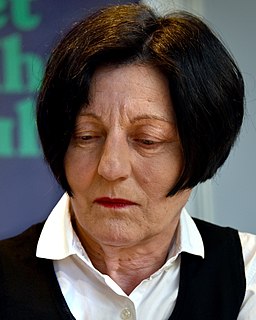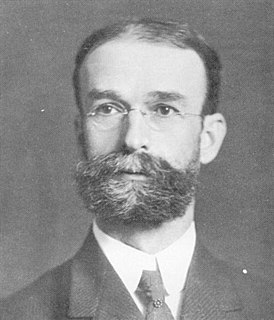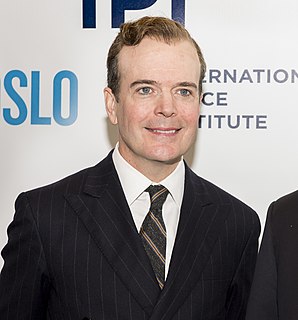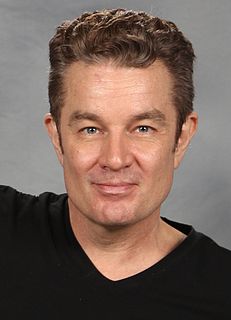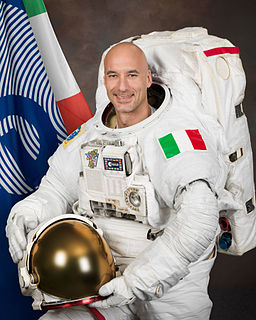A Quote by Herta Muller
Whatever I read went under my skin. I almost devoured the literature, which became like a road to discovery.
Related Quotes
This rose became a bandanna, which became a house, which became infused with all passion, which became a hideaway, which became yes I would like to have dinner, which became hands, which became lands, shores, beaches, natives on the stones, staring and wild beasts in the trees, chasing the hats of lost hunters, and all this deserves a tone.
Discovery should come as an adventure rather than as the result of a logical process of thought. Sharp, prolonged thinking is necessary that we may keep on the chosen road but it does not itself necessarily lead to discovery. The investigator must be ready and on the spot when the light comes from whatever direction.
I think there's an initial shedding of the skin of a character when you've played them for so long, almost like a snake losing its skin. But when a job is done, I kind of walk away from it because I know that I need to prep for whatever else I'm going onto - I need to get back to being myself, which... Who knows exactly who that is, with all the talking voices in my head. You know, back to being a bit of a blank slate again. It becomes a necessity as an actor - at least for the way that I act.
This act of empathy, that women go through from the time we're little girls - we read all of literature, all of history, it's really about boys, most of it. But I can feel more like Peter Pan than Tinker Bell, or like Wendy. I wanted to be Tom Sawyer, not Becky. And we're so used to that act of empathizing with the protagonist of a male-driven plot. I mean, that's what we've done all our lives. You read history, you read great literature, Shakespeare, it's all fellas, you know?
